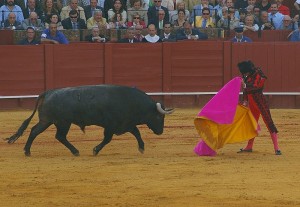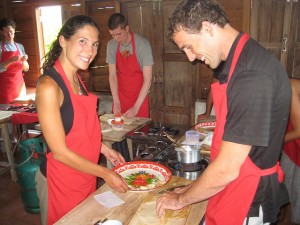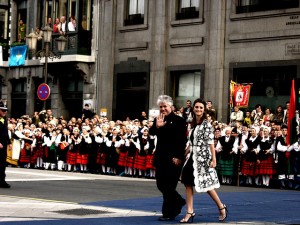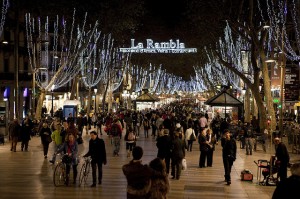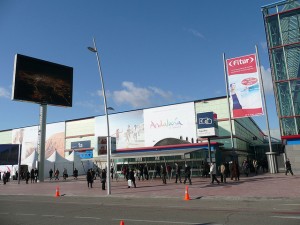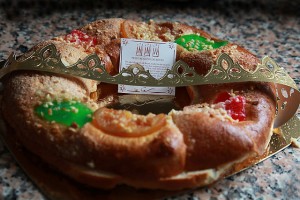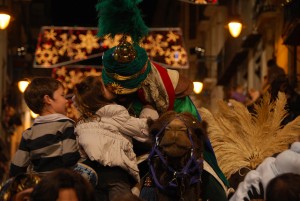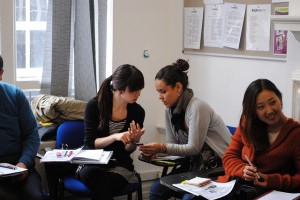He was born almost 120 years ago, but the story of the Ratoncito Pérez, this small rodent that was leaving presents and coins for the children who lost a tooth and let it underneath their pillow at night, is still alive today for the little ones.
This character was created by the writer and Spanish journalist Luis Coloma in1894 inhis children’s book for Alfonso XIII when he was 8 years old, because one of his teeth fell out. The writer then invented the story of a small mouse who showed to the king Budi (stage name for Alfonso XIII) the misery in which the poor children from Madrid where living, and who he was giving a present to when their teeth fell out. We recommend you read this fairytale if you are learning Spanish at a basic level.
►…continue reading about the Ratoncito Pérez








